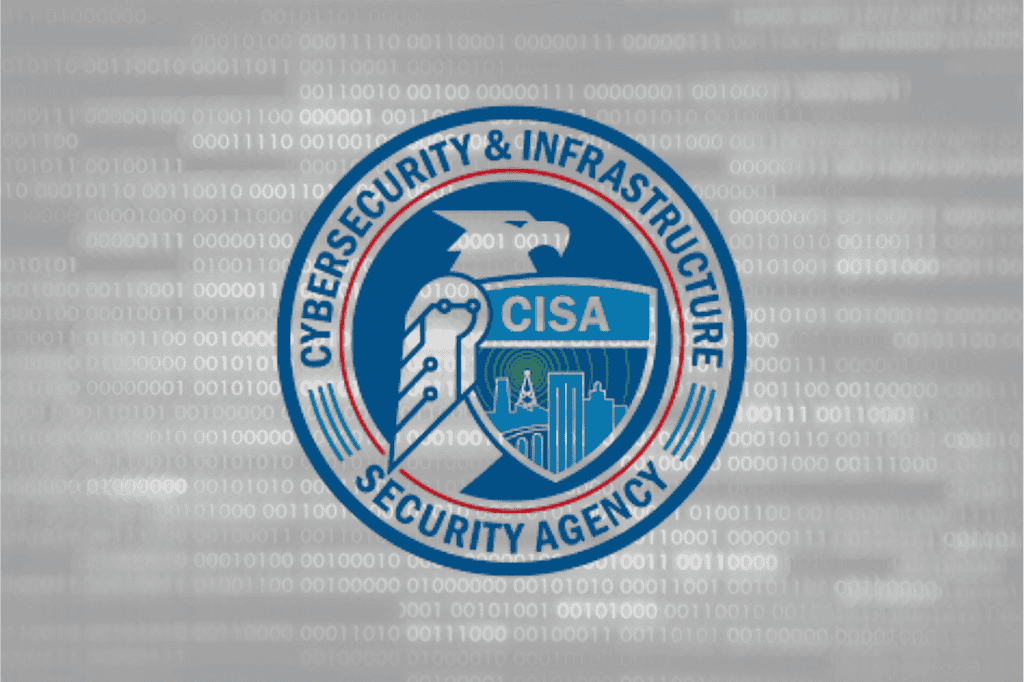
The U.S. government has moved to extend MITRE’s contract to operate the Common Vulnerabilities and Exposures (CVE) program, ensuring no break in service following earlier warnings of a potential lapse.
The decision temporarily secures the future of one of the cybersecurity industry’s most critical vulnerability coordination systems — but leaves open questions about long-term governance and sustainability.
In a statement to BleepingComputer, the Cybersecurity and Infrastructure Security Agency (CISA) confirmed that it had executed the contract’s option period on April 15, just hours before MITRE’s funding was set to expire. The extension lasts for 11 months and provides a short-term reprieve after weeks of uncertainty.
“The CVE Program is invaluable to [the] cyber community and a priority of CISA,” the agency stated. “We appreciate our partners’ and stakeholders’ patience.”
The announcement follows a letter to the CVE Board, reported previously by CyberInsider, in which MITRE Vice President Yosry Barsoum warned that a lapse in government funding would result in immediate disruption to CVE operations, including delays in vulnerability identification, deterioration of national vulnerability databases, and degraded support for security tooling and incident response.
The CVE system, launched in 1999 and maintained by MITRE, provides standardized identifiers for publicly disclosed software and hardware vulnerabilities. It acts as a linchpin for security vendors, researchers, and infrastructure operators worldwide. MITRE also maintains the closely related Common Weakness Enumeration (CWE) project, which classifies software flaws and supports secure development practices.
Temporary fix highlights deeper governance challenges
While CISA’s action has averted immediate service degradation, it has not addressed broader concerns raised by the cybersecurity community about the CVE program’s long-term independence and resiliency. Hours before the funding extension was confirmed, several CVE Board members announced the launch of the CVE Foundation — a new nonprofit entity aimed at transitioning oversight of the CVE system to a more neutral, globally sustainable governance model.
While government funding has supported the program’s growth, “it has also raised longstanding concerns among members of the CVE Board about the sustainability and neutrality of a globally relied-upon resource being tied to a single government sponsor,” the group said in a public statement.
The CVE Foundation has not yet detailed its roadmap but emphasized that it seeks to eliminate “a single point of failure in the vulnerability management ecosystem.” The move appears to be a direct response to the events of the past week and could represent a major shift in how global vulnerability coordination is structured.
Adding to the evolving landscape, the European Union Agency for Cybersecurity (ENISA) recently unveiled its own European Vulnerability Database (EUVD), reflecting a growing desire among international stakeholders to diversify sources of vulnerability information and reduce dependency on U.S.-centric systems.
As the CVE Foundation prepares to release additional details and CISA’s contract extension runs its course, cybersecurity professionals are watching closely. The recent turbulence has amplified calls for modernization, transparency, and global collaboration in vulnerability tracking — principles many believe must be foundational to the CVE program’s next chapter.







Leave a Reply